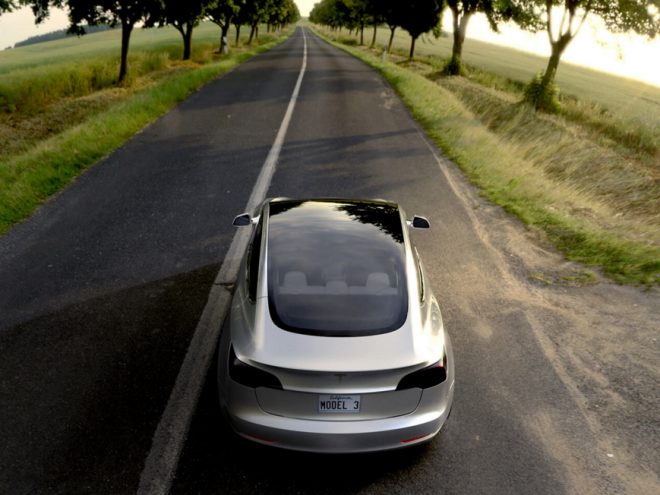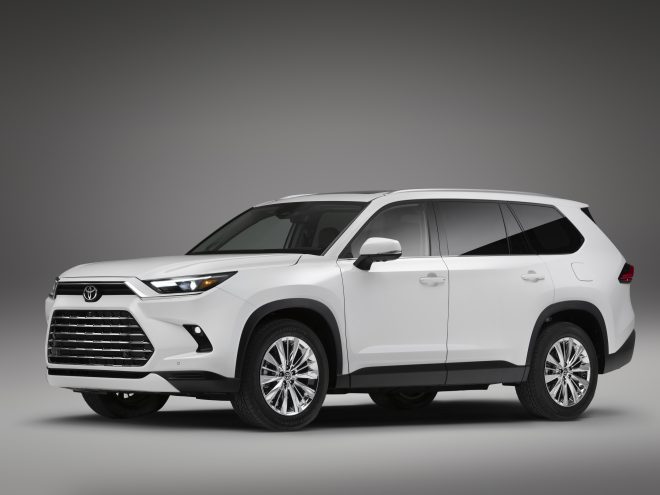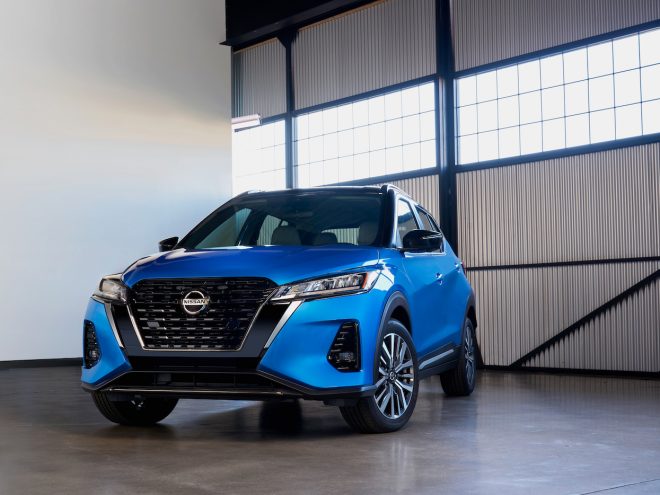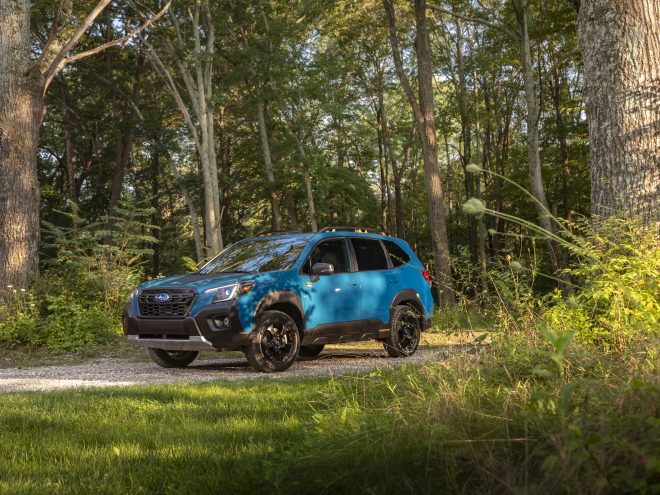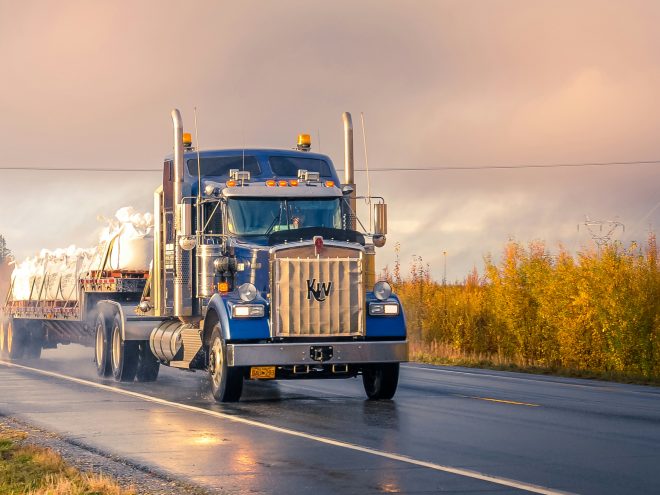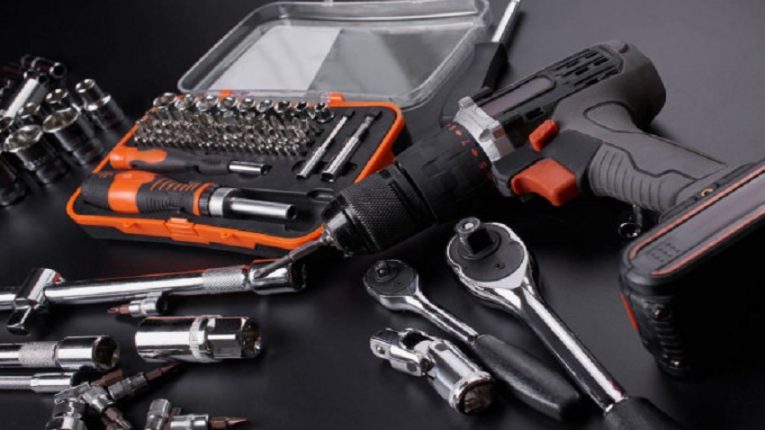
Tips to buying your next excavator – Products, insurance, and tips on the right machinery for you
Excavators have become common in the construction industry, and it plays a vital role. It can bring down properties to make space for new ones, digs up places for preparing the site for construction, and transfer the heaviest items within a small amount of time.
But while you purchase a new excavator, you need to consider and understand the correct specification for your business productivity. Also, this heavy machinery needs correct insurance so that you can operate them hassle-free.
In this article, we will discuss the tips for buying the correct excavator machine and other insurance tips. If you are looking for premier and cost-effective insurance policies, have a look at https://fastmachineryinsurance.com.au/excavator-insurance.
Tips for you to buy the right excavator:
For your next excavator, before buying it, check out the following tips:
• Operating size/ weight, application:
For matching the works at hand, it is vital to select the correct size machine. The excavators come into three kinds of sizes, mini/ compact (0-6 metric tons), medium-sized (6-10 metric tons), and full/standard size (1—90 metric tons).
So, firstly know your applications, the specification required for the task, and the size of the machine you need. If this is something that you find difficult, here’s a good resource that you may want to look at to give you a better idea of the types of equipment available to help with your project.
• Hydraulics:
Consider all the attachments on which you need to work, and it is important to know the hydraulic flows needed individually. For getting the maximum output from your investment, you need correct attachments for the excavator to attain versatility.
Also, consider the machine’s coupler options for determining the variety and scope of all the attachments that you can put to use for the machine.
• Access/Transportation:
You need to consider transportation while buying a new excavator. Also, consider traveling on the weight-limited bridges, roads, and the necessary certification for the excavator driver.
Also, look at the ancillary transportation and operating/owning costs that vary from one state to the other.
• Controls:
Before you buy an excavator, prioritize the requirements of the one which operates. Most of the operators prefer SAE or ISO control patterns.
For making things easier, several new models come with a pattern control selector so that the operator can adjust the excavator as per their preference.
• Ergonomics:
Ergonomics is essential to boost productivity. Look for significant features that can keep the operators focused and comfortable with their job.
• Undercarriage and tracks:
Several track options are available nowadays. The tracks impact the excavator’s productivity, and the compact excavators offer rubber tracks for minimizing surface damage while the machine operates in the street, residential, and in-building sites.
The full and mid-sized excavators come with steel tracks suitable for heavy digging in the soft grounds. Choose a good undercarriage that is easy to maintain and clean.
• Additional features:
Look for additional features like auto-idle and selectable power modes for fuel savings and allover operating costs. Consider LED lighting kits, side and rear-view camera packages, and control techs like machine control and telematics.
• Choose the right dealer:
Choose a reliable dealer who will stand by you whenever you need repairs, service, and parts. Make sure that your dealer has a good service department and reliable networks.
• Maintenance warranties/ contracts:
Speak to your dealer about the warranties and the available extended maintenance contracts.
Tips for choosing the right insurance policy for your next excavator:
Some of the insurance tips that you need to follow for choosing the right excavator are discussed below:
• Public liability insurance:
You require public liability insurance for covering the risk of excavator activities that can cause damage to property or people, nuisance, unauthorized access, liability to the sub-contractors, 3rd party injuries, damage to 3rd party property and customers.
• Personal accident insurance:
If you are a sole trader, you need personal accident insurance to help you and your family pay for the necessary bills and any other financial commitments when you are injured while working with your excavator or pass away.
• Plant and machinery insurance:
When you opt for plant and machinery insurance for your excavator, it offers you financial protection against damage to your machine, whether at use, at the working site, or during its maintenance operations.
• Mid or large excavator insurance:
If you own a mid or large-sized excavator for massive worksites or projects, you need to arm yourself with the correct insurance because of the involvement of high risks in your business, and these insurances can make your stay stress-free.
• Mini excavator insurance:
If you have a mini excavator, you need mini excavator insurance.
Conclusion:
Excavators are massive, and so are the risks associated with this giant machinery. You need to have a plan of action during emergencies for compensating for things, whether it is for 3rd parties or yourself. Therefore, you need to stay armed with the right insurance policies for your excavator. Also, the next time you purchase an excavator, consider the tips discussed earlier in this article.

